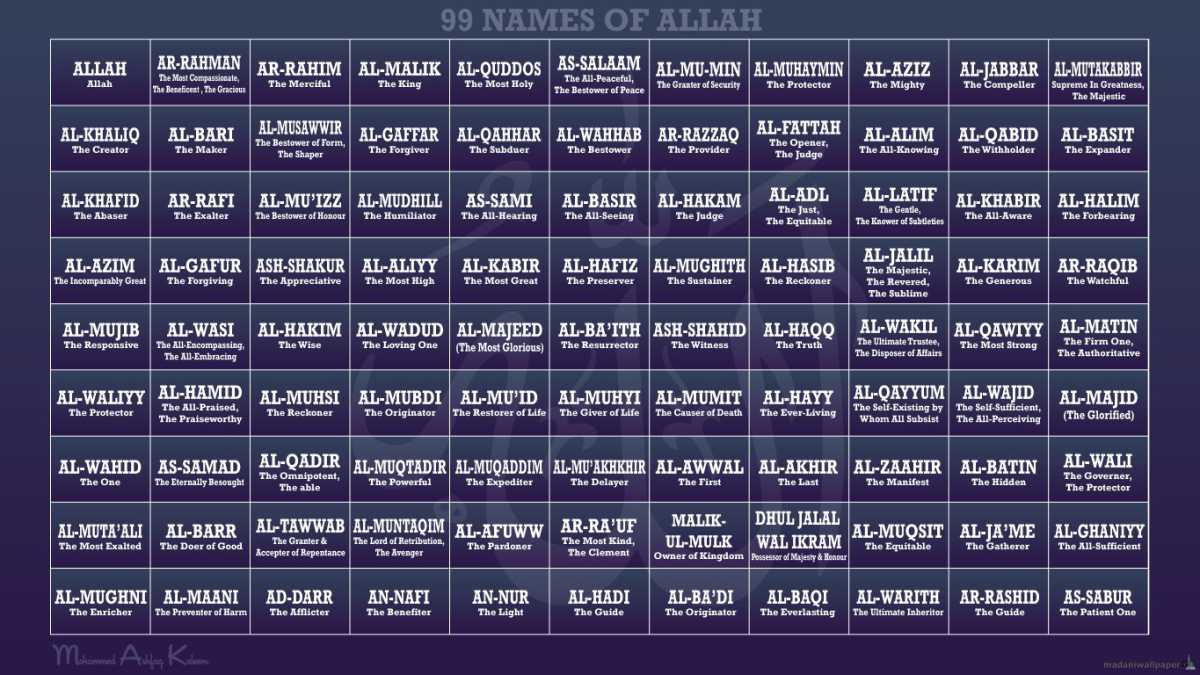I don't understand the question.
It seems convoluted and not particularly focused.
If there is some subtlety you are trying to unravel, then I think you need to try again to clarify it.
Subtlety? Alas, quite on the contrary. I am attempting to understand how come Islaamic doctrine has such a lack of nuance in such basic matters, despite claiming to be religious in nature.
In Islam there is The God and then there is everything else that you might conceivably worship, but none of those things are The God. If you worship other things besides The God, then it is idolatry. How are these meanings any different outside of Islam?
Very different indeed, to the point that typical Muslim expositions on the matter are rather confusing.
Idolatry involves actually perceiving something as divine or particularly connected to the divine when it is not entitled to such a perception. Of course, that leaves hanging the matter of who has the authority to decree something as "properly" divine. For most people beyond Muslims and (some) Christians that is basically a free choice.
Polytheism is something else entirely: the belief in several different deities that are not always avatars of each other.
Idolatry implies a mistaken or conscious choice to raise something non-divine to divine status. Polytheism is quite unrelated to it.
As is Paganism, which is one of the first few beliefs and actually a much healthier faith than one would assume from reading the Qur'an.
Atheism, of course, is unrelated and even opposed to both polytheism and idolatry, yet apparently it also falls under "Shirk".
It seems that most Muslims are literally unaware of those concepts and their own nuances, shoving it all under "Shirk" and sometimes even presuming some degree of desire to leave them behind in favor of Quranic monotheism.
If nothing else, that indicates a huge degree of difficulty in understanding religion.
If other religions allow for the worship of things outside of The One God, then from the perspective of Islam, it is not Islam. Is this what you mean?
Fair enough, and certainly true. But no, that is not what I mean.
That other religions say it's okay to attach partners to God or worship Avatars and created forms? Therefore, the definition of idolatry must be different in religions other than Islam?
I would not put it into those words, but that is in the general direction of the subject matter, yes.
I don't think the definitions of words need to be reconciled.
They do not, unless we want people to actually attain mutual understanding and therefore have a fighting chance of mutual respect.
Which I think is a worthy and necessary goal, but I guess many will disagree.
I think it's enough to consider the context of the words. I think for the purposes of interfaith dialog it's enough to clarify what words mean in particular religions. There is no need for syncretism. If religions disagree, then they disagree.
I think you are grossly understimating the true reach of that divergence of meanings. It makes understanding and respect of Muslims by non-Muslims much more difficult than it could otherwise be, and all but forbids Muslims from understanding religion in general.

